Finally, a table tennis game on PSVR.
When I thought about Virtual Reality games, the first few things that popped into my mind were: horror and racquet games. Being a huge fan of the original Sports Champions table tennis mode I was craving some hardcore paddlin’ — without leaving the comfort of my living room of course. It took much longer than I anticipated, since there was already a healthy amount of table tennis games for the PC community to enjoy. Sure, we already had Holoball, which I absolutely love, but it doesn’t really fall under the sport simulation category.
Roughly 3.5 months into the PSVR life we finally received our pioneer game. It’s called VR Ping Pong: Table Tennis Simulator, but just how good of a simulation is it?
Graphics and Audio
The environment is pretty simple, everything consists of square blocks except the ball. You are inside what appears to be a swimming pool, surrounded by hundreds of square characters wearing nothing but bathing suits. Yes, it’s every bit as unsettling as it sounds.
Besides some background and ball color changes, and being able to remove the crowd, there isn’t much else going on in this department. Your opponent is basically static, only equipped with a retractable arm and a paddle that without swinging can return balls with enough spin to make you hit a shot above your head. The lack of swinging motion in the opposing paddle makes it hard to predict ball trajectory when playing against tougher adversaries that can use faster shots.
Regarding the game audio, I really have to commend the developers. Had they not made it possible to remove the music and crowd noise, I wouldn’t have lasted 10 minutes playing this game. I found the music a bit distracting, but it’s the square mob going constantly wild with screeching boos and cheers that completely takes me out of the game. If you mute everything though, all you get is the relaxing sound of the ball hitting the paddle and the table, and it is a welcome relief.
Thankfully if the crowd really gets on your nerves, you can murder them. In case you are wondering, yes, I’m still talking about a table tennis game.
Gameplay
Now we are getting to the crucial stuff. This is what turns a game into either an instant PSVR essential or more “shovelware”, as we like to call it. Naturally, I’m referring to the controls/tracking/playability.
Before I tell you what I think, let me just give you some context. I’m not a professional table tennis player by any means, but I do play casually with some friends of similar skill. I like to hit the balls hard and play fast. Well, I had to forget all that if I wanted to actually start enjoying this simulation.
In this game the difference in controller movement between a ball into the stands and a ball into the bottom of the net is pretty small.
The tracking can become very poor in some instances, such as when you are reaching for tough shot, making the paddle twitch and lose the intended placement. This happens due to the Move controller’s light ball not being perfectly visible if you tilt the controller like you occasionally would an actual paddle, so if you want to succeed at the game you will have to adjust. Awkward tracking at moments is nothing new when it comes these controllers, but it is much more noticeable in a faster paced and precision reliant game like this. Due to this issue, it often feels too risky to pull the trigger and start going for faster balls.
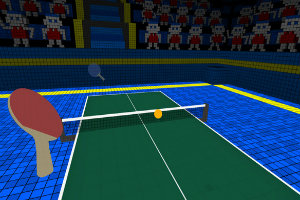
Playable Content
Besides the standard exhibition match, the game includes a tournament mode where you progress through a bracket of increasingly difficult opponents while aiming for the cup. I’m not going to tell you what happens if you win, I don’t want to spoil the ending (it’s not like I can’t beat it or anything).
There is also a practice feature where you can play endlessly, and an assortment of “arcade modes” which consist of mini-games like playing against a wall or a ball machine, or even a table that collapses where the ball lands. It’s a decent amount of content to keep you entertained for some time and help you improve.
The player can choose between 3 difficulty levels when starting an exhibition match or practice: Easy, Normal and Hard. Even if you are just learning the ropes, I can’t recommend playing on Easy. On this difficulty setting your opponent either plays high, spin heavy balls, forcing you to play awkward shots, or misses entirely.
For a more realistic feel, Medium difficulty strikes a good balance in shot depth and placement without feeling overwhelming.
The real battle begins when you choose to face the Hard robot. He will punish every short ball you give him, returning them deep and hitting the lines constantly. I’ve swallowed my fair share of 11-0 sets against this guy, but when you find your groove the rallies become exhilarating and that’s where this game shines.
Final thoughts
I’ve been playing this game since it was released for a couple of hours every day and I can definitely say that, even though the learning curve is somewhat harsh, my skills improve each time I pick up the virtual paddle. With a few days’ practice you start noticing your own ability to keep up longer rallies and place the ball a bit deeper with more spin and pace.
If you enjoy playing table tennis and are on the fence about this game, I say go ahead and give it a chance. Despite some flaws it is a good simulation, and it will definitely grow on you.
While the glaring lack of multiplayer and somewhat frequent tracking hiccups are the primary issues that should be addressed in future updates, there is a noticeable individual skill progression that makes me want to stick around and play just one more match with that Hard bot every single time.
Summary (TL;DR)
- Uninspired background and characters, opponent is almost static.
- Poor audio overall, sound of ball hitting the paddle and table is all I need to hear.
- Move controllers restrict paddle movement and can cause tracking problems if you aren’t careful. In most cases it works just as you’d expect.
- Good amount of activities, multiplayer is a must if the developers want a lasting game.
- Tough as nails, but a rewarding experience. Practice makes perfect.
- 15 euros is a bit overpriced, a 10 or 12 euros’ price point would have been acceptable.
- Having purchased the game myself, I feel that overall it’s a worthwhile addition to your game library if you happen to be a fan of table tennis and have a PSVR.

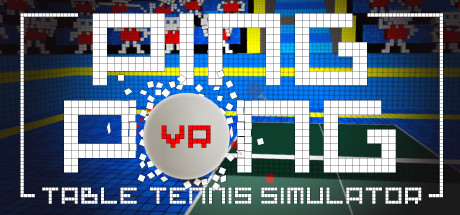
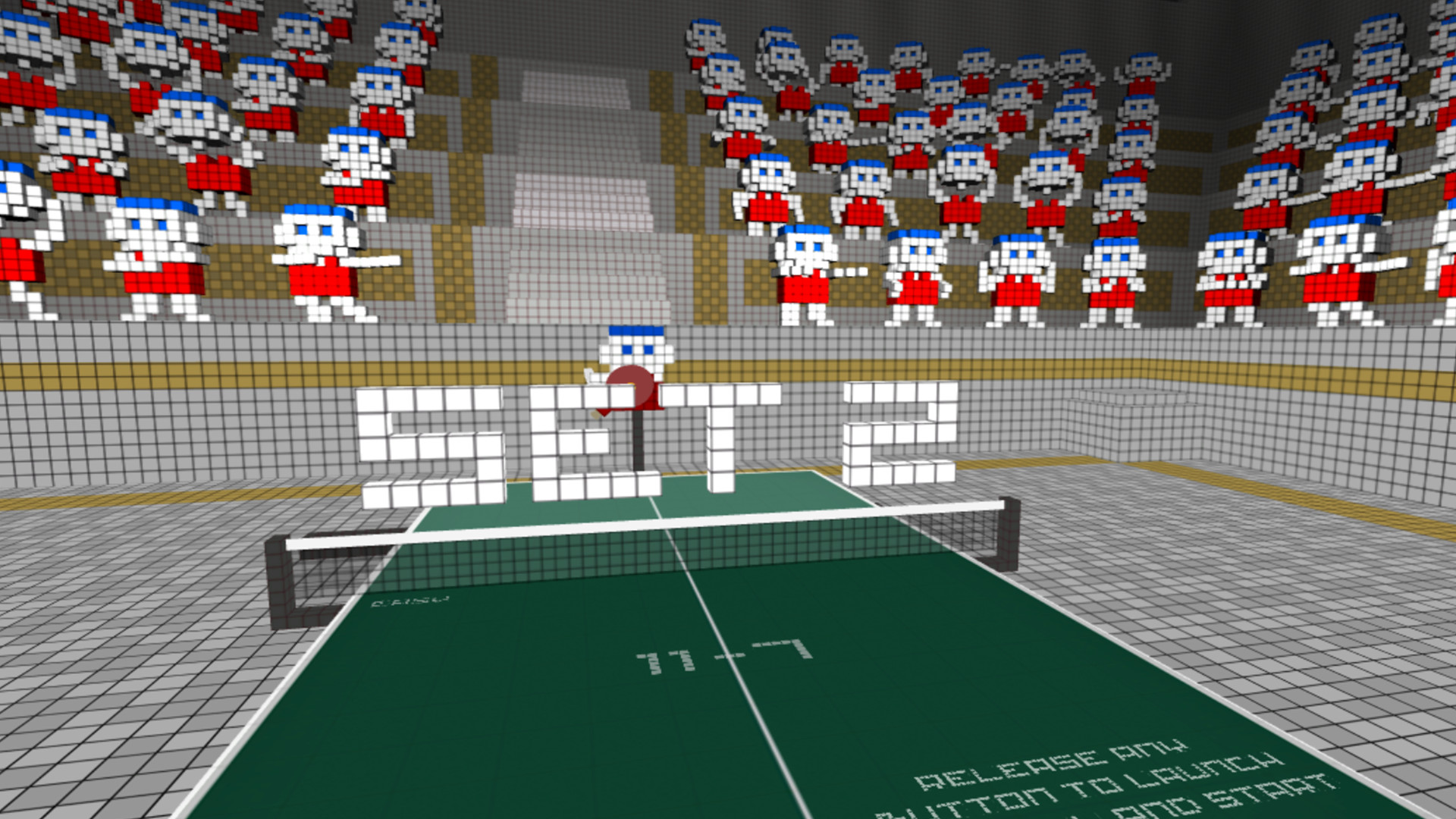
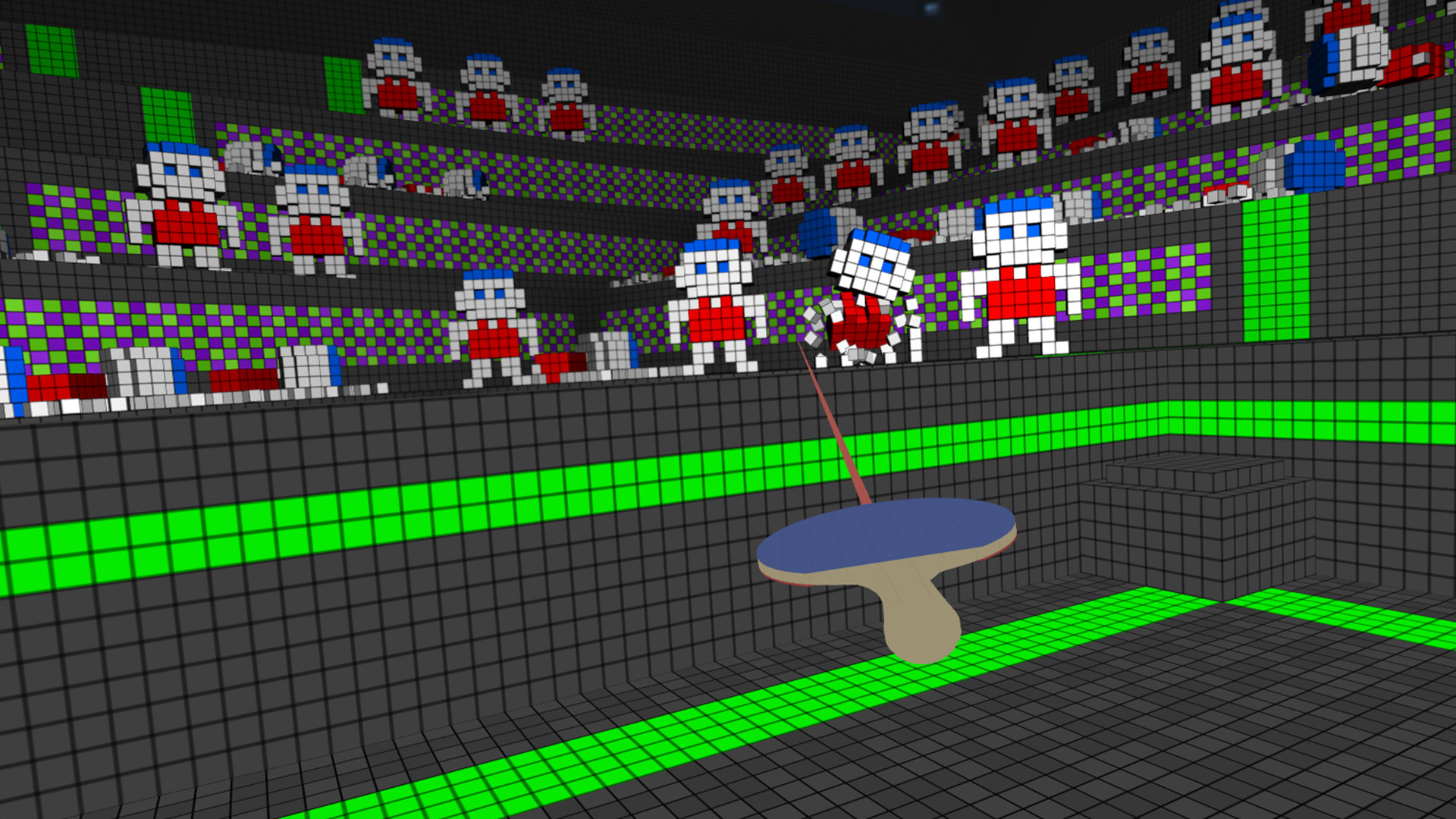
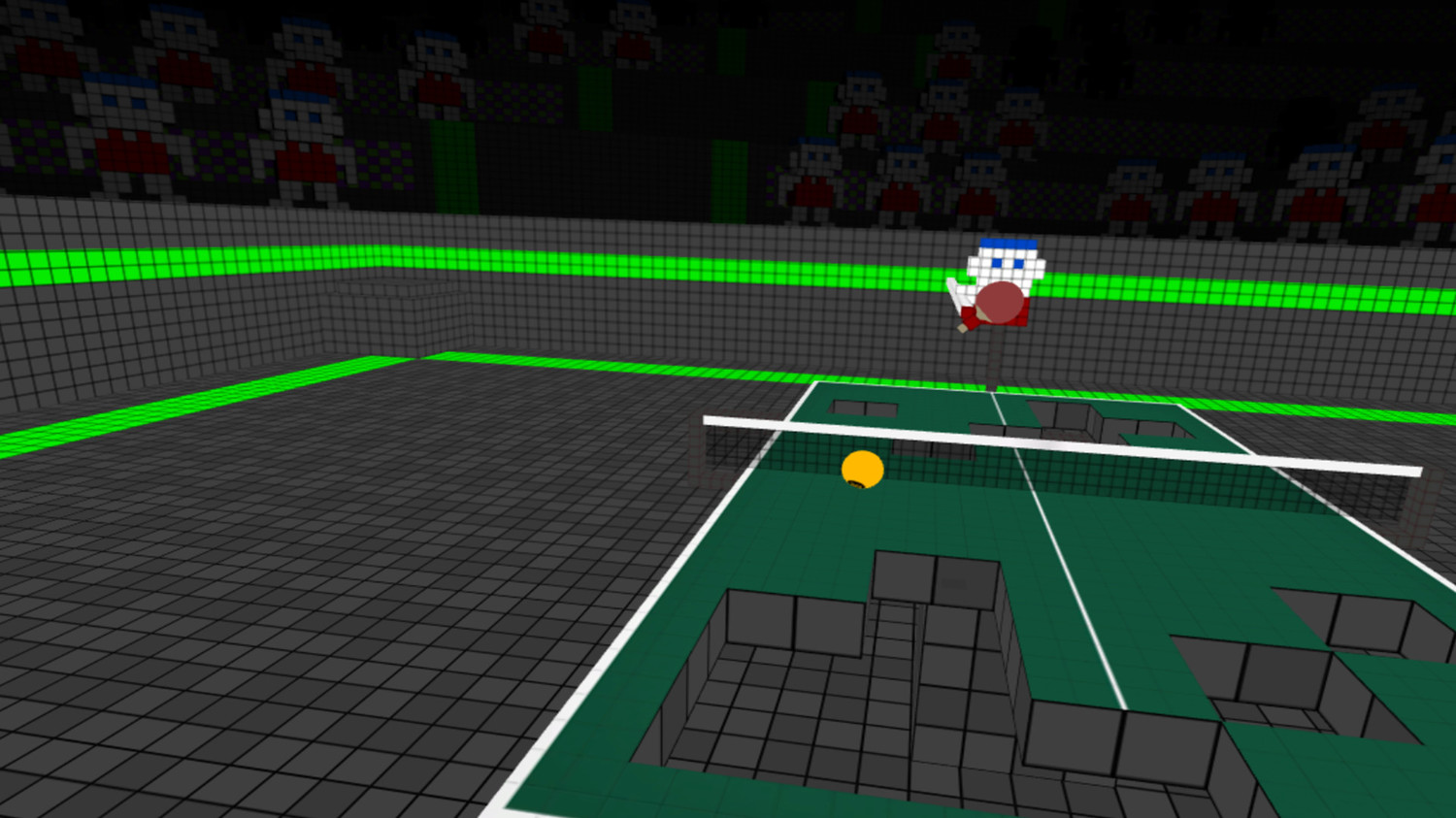
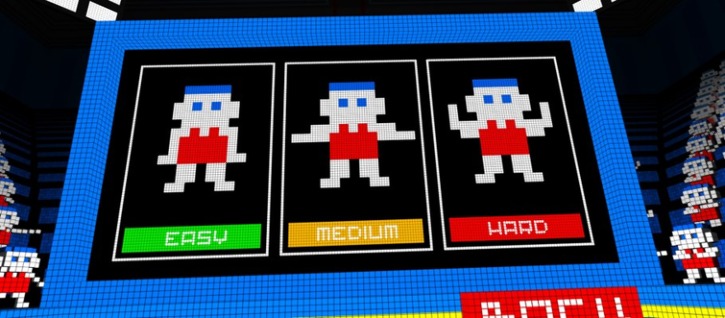
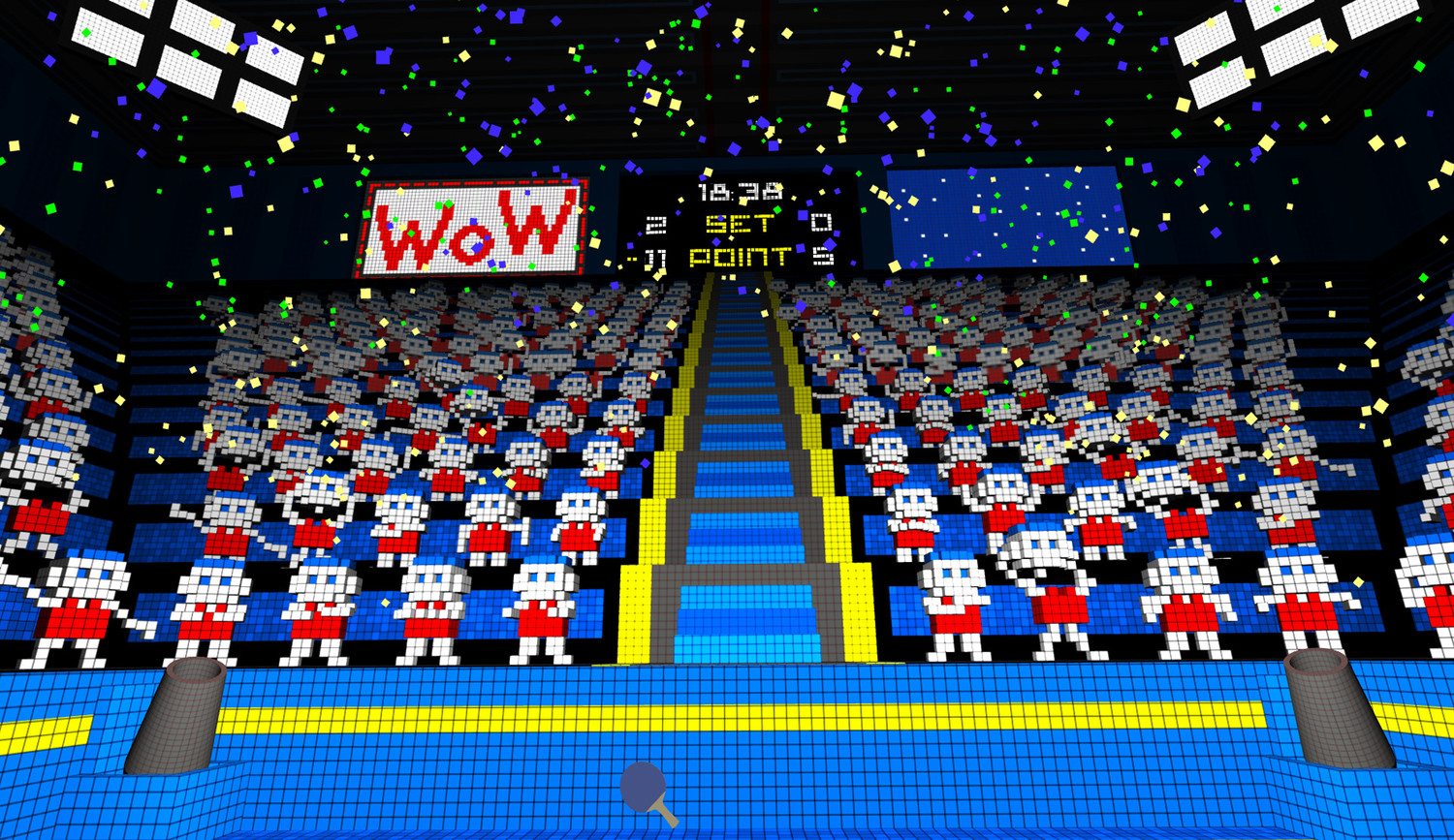





Published: Feb 15, 2017 02:34 pm